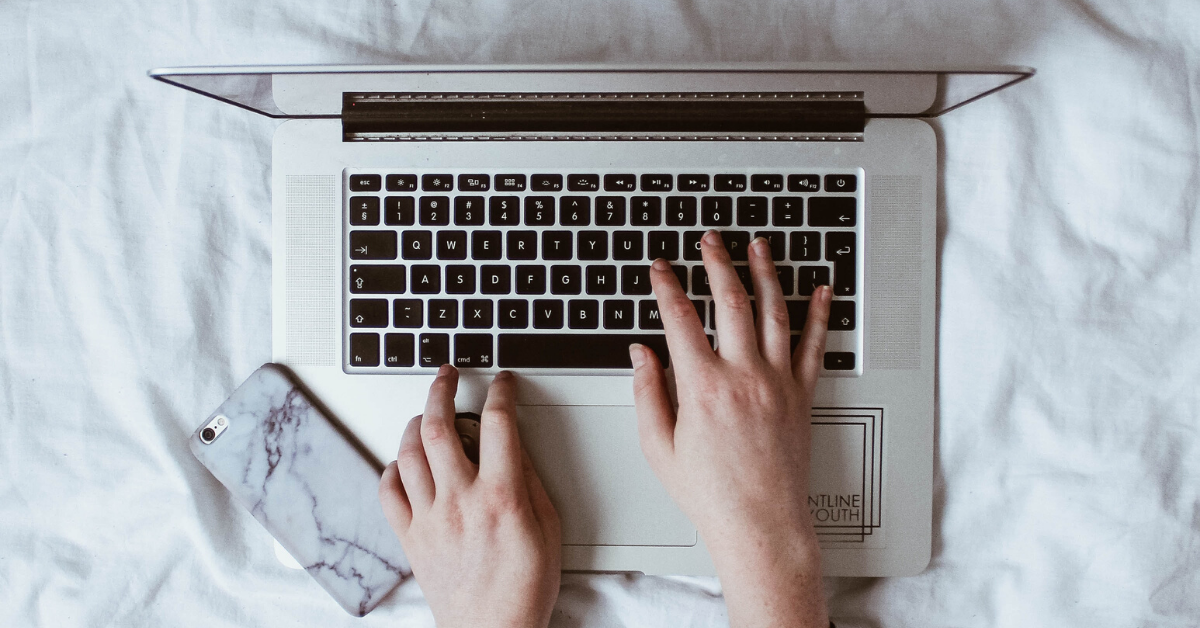Last week, everything seemed to step up a gear surrounding Covid-19 in the UK.
Whether it was down to Boris finally stepping off Cloud 9 post his baby news or if a number of additional recorded cases suddenly put us all into fear mode and increased panic-buying of flageolet beans and extra quilted toilet rolls. Everywhere you turned, everyone (and I do mean everyone) was talking about coronavirus.
I have to be honest; I am seriously worried about the hysteria around this bloody virus and its impact on our economy, psychology, relationships and business than I am the illness itself.
Of course I appreciate the real risk to the elderly, those with compromised immunity or the disenfranchised who stand to suffer most from this. However, what is also terrifying me is the unmitigated frenzy the media has whipped us all up into that has sent us into a spellbinding spiral of panic!
At PUSH, we were really keen to understand why this action has happened as well as hopefully, what learnings we can take from it – to not only get through it but hopefully, gain, from this current situation.
Creating New Habits – an Opportunity for Innovation and Change.
We are bring presented with an opportunity to create a new habit – including everything from washing your hands more frequently to getting brilliant at working remotely.
There are a few key ingredients in creating new habits:
- Leverage context or be clear on the reason why the change is happening – the Corona hysteria has quickly short-cut this for most of us!
- The basic components must be readily available – everything from soap and water or suitable tech and environment
- Make sure the new behaviour is easy to perform – or have the energy and resilience to overcome challenges until the behaviour becomes easier
- Encourage practice – until it becomes the new norm
- Recognise and reward effort – so our brain develops neural pathways that associate the new behaviour with positive feelings
We face a risk from our brains as well as our bodies
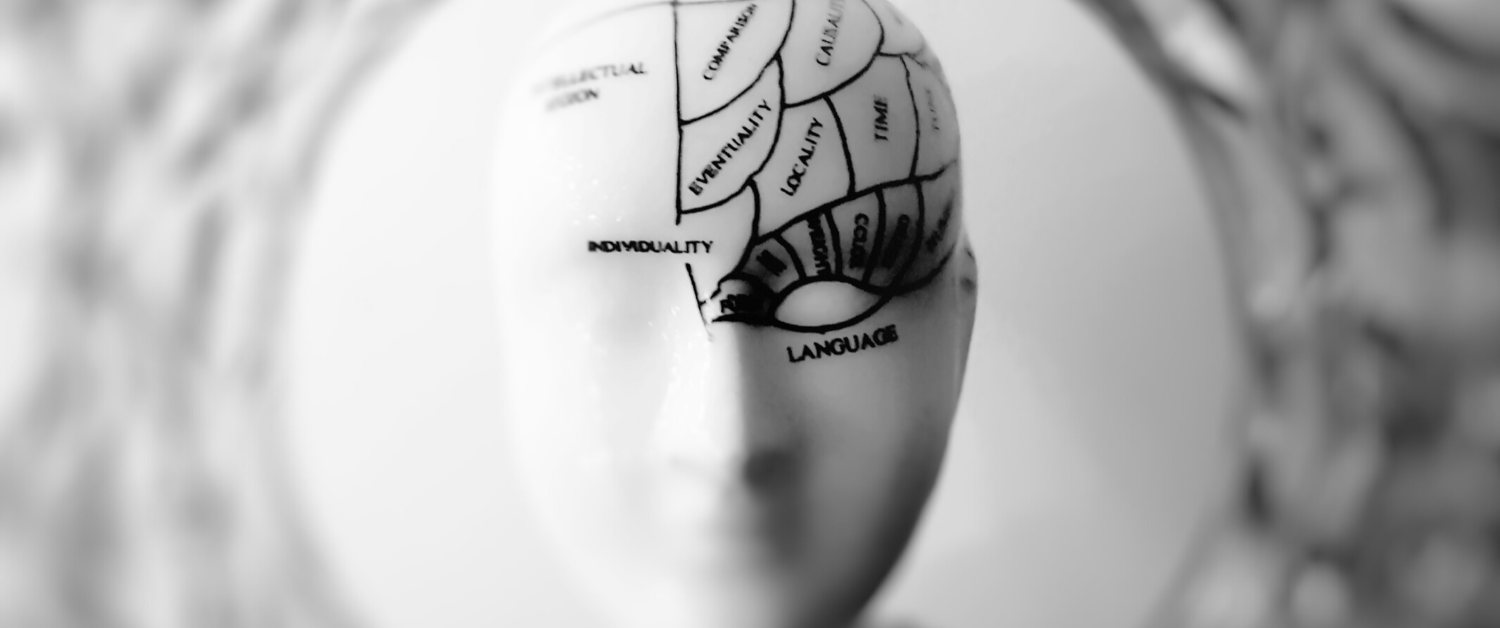
In addition to the virus itself, we are also at threat from the human perception that is biased and influenced by the many mental shortcuts that we all make. Perception is reality and reality is perception and, right now, put simply, our limbic system is being hijacked!
Human assessment of risks and threats is far from perfect. The abundance of news referring to fatalities caused by the coronavirus increases an individual’s perception of personal risk to the disease. This is called the availability heuristic. The more people hear about the risk, the more the risk gets overestimated, even in countries not affected by the virus!
Another bias — herding or bandwagon effect — makes people wear face masks even though it is not actually an effective prevention measure! The same bias is responsible for ‘pandemic shopping’ with everyone I speak to mentioning that the entire country has run out of toilet roll. Frankly, if that’s not a reason to go to the pub, in order to use their facilities, then I don’t know what is.
New threats are also perceived by us as more dangerous (novelty bias) though new strains pop up of common viruses all the time. So yes, this is a new “novelty” strain, but it is nothing we haven’t weathered before.
More than anything, we know that this virus is causing everyone stress and it is this stress that I am even more fearful of. And, here’s the irony, the higher your stress levels, the more compromised your immunity is!
Overcoming all these biases might be hard. We may read and understand all the available data and try not to blindly follow the others. But we can also use the knowledge about human behaviour to see what is happening now as an opportunity for change!
COVID-19 has won The World’s Largest Remote Work Experiment award!
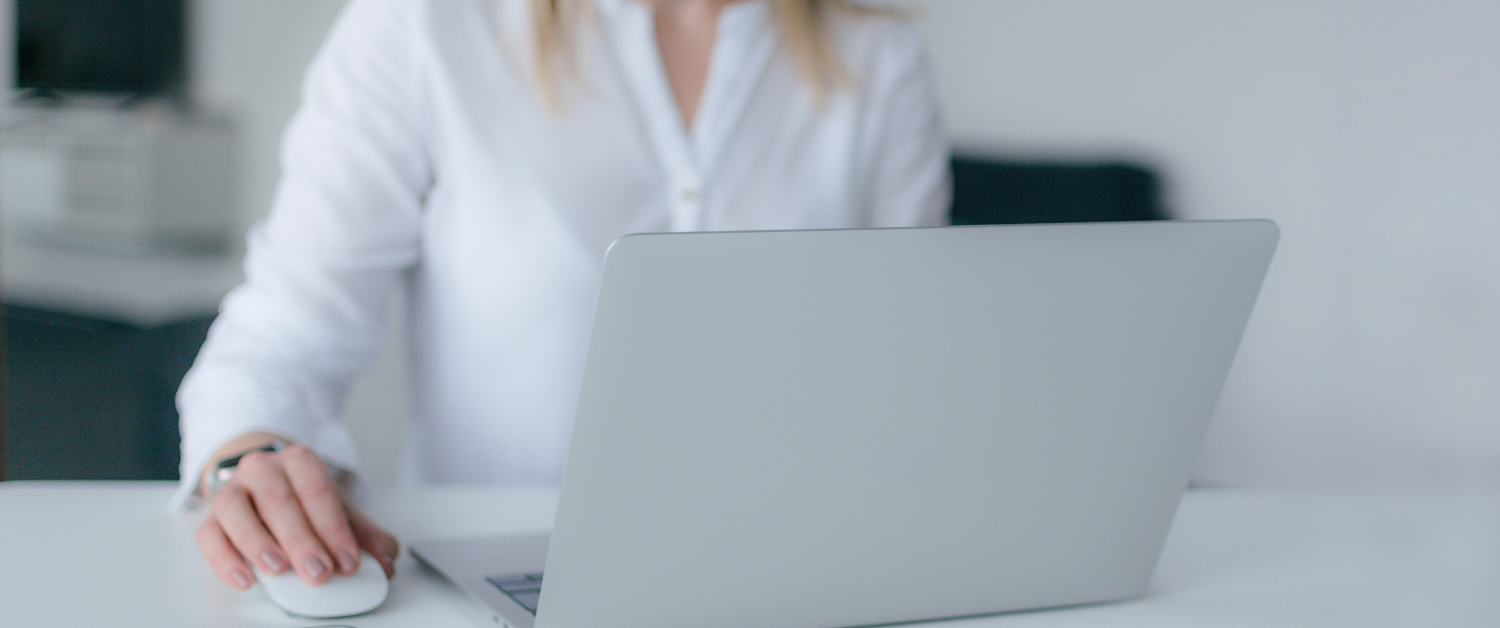
With nothing short of incredible aplomb, this virus has legitimised and provided bona fide booster rockets to the remote working phenomenon that’s been underway for the past several years. A shift that previously has been done either occasionally, but only if it’s been approved by everyone from the HRD to Gladdis who makes the sandwiches, or where a policy has been changed but actually everyone secretly hates it because it means that you actually have to trust people.
It really is incredible what this crisis has expedited.
By most accounts, the remote work experiment is going well: not without its hiccups and limitations, of course, but by and large, organisations and teams are figuring out how to make do. We’re hearing mutterings from many of our clients along the lines of ‘I never realised how many unnecessary meetings we had’ or ‘I’m just so much more productive working from home!’
However, we realise that Corona could be kicking around for quite some time and we are super conscious that many people have not worked remotely for sustained periods. I have to be honest, this is one of the things that I am most worried about. As humans we need connectivity and I fear that enforced isolation may have a huge impact on many individual’s mental and psychological health. That’s why, at PUSH, we have focussed on two things over the last week:
- We have worked hard with all of our coaches to ensure that all of our sessions can work remotely – using a combination of digital learning and webinars
- We have created some short videos tips about how to make the most of remote working and make it work for all of your teams – no matter how much they have to do it
So, in summary, I think the take-out is that if we can use what is happening now as an opportunity to come together with compassion, patience and kindness we might get through this challenge having learnt something about ourselves as well as developing new and improved ways of working. As ever, we’d love to hear what you think and, if there is any way that we can help support your people through a time that might be more slightly more challenging than normal then, you know where we are.
If you have any concerns regarding Coronavirus please head over to the NHS—or Public Health England—to find the most up to date news & precautions. And remember, dispelling this panic is as easy as washing your hands.
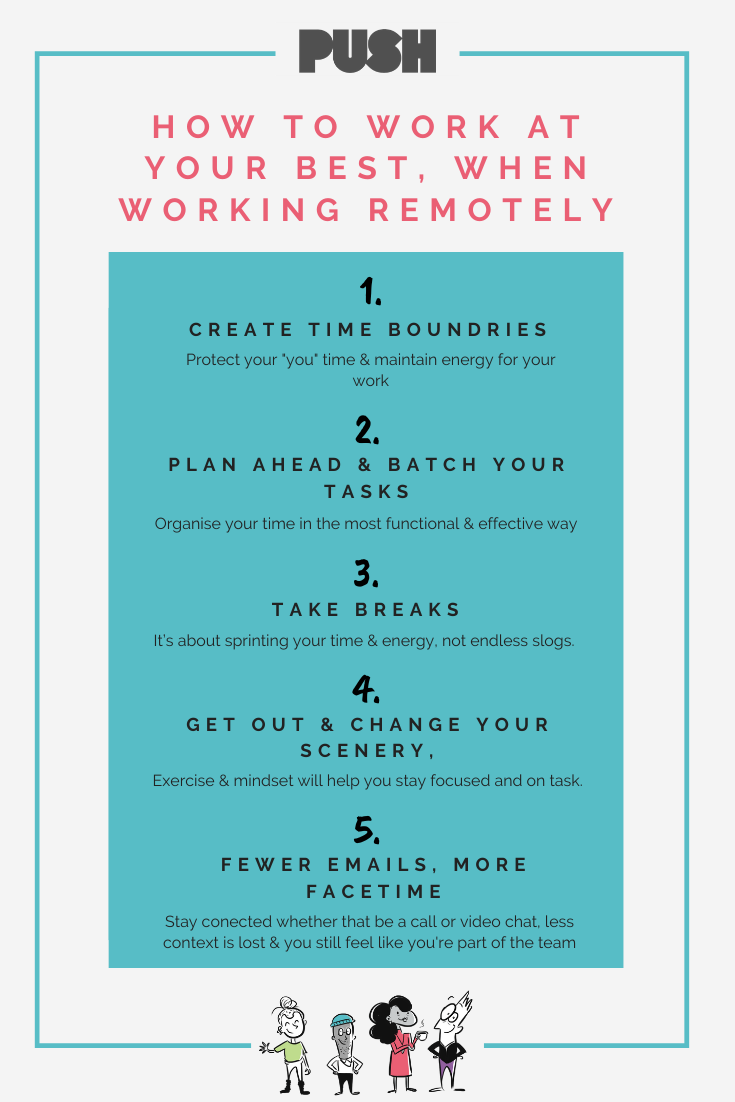
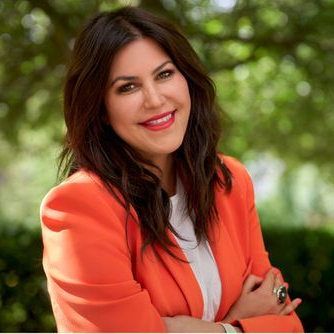
more articles by Cate Murden

